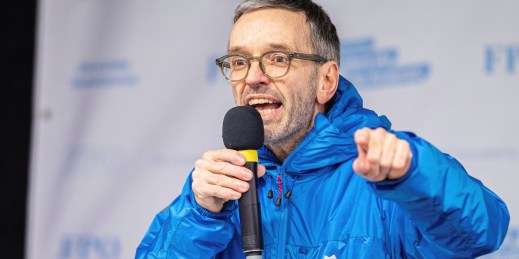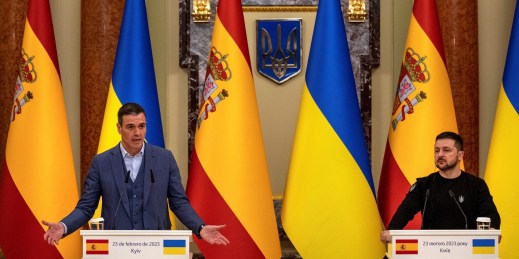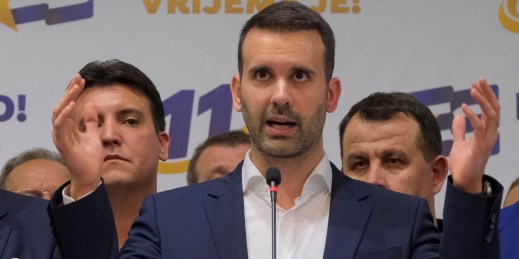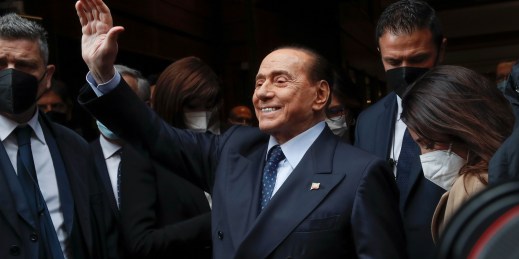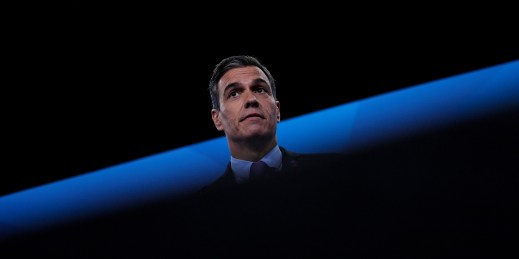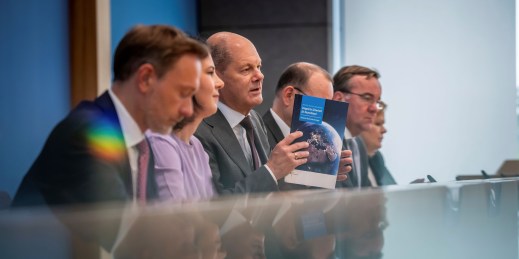
Germany’s recently released National Security Strategy serves as a roadmap for the so-called Zeitenwende, or turning point, in Berlin’s national security posture following Russia’s invasion of Ukraine. But the painstaking effort that went into preparing it brought to light the challenges Germany faces in developing a “strategic culture.”

